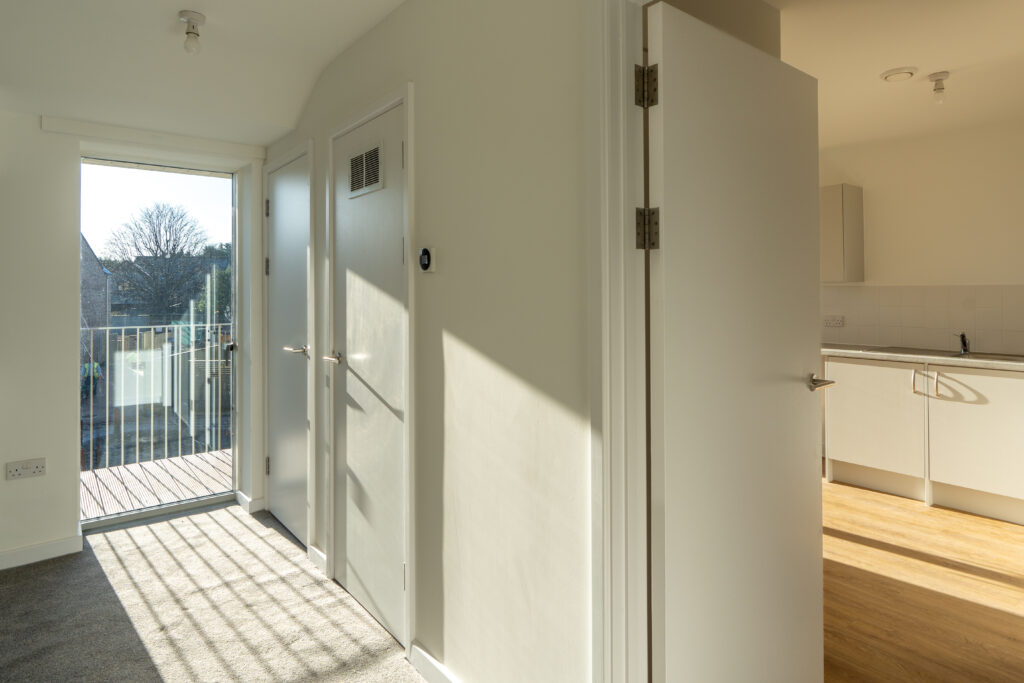Building a Sustainable Future – Innovation and Community Impact at New Kingsland Housing Development
Client: Bristol City Council
Contract: JCT D&B 2016
Value: £4.6 million
Architect: Emmett Russell Architects
Project Background
Nearing completion the New Kingsland project is a landmark development being undertaken by Stepnell on behalf of Bristol City Council. Located on the site of the former New Kingsland United Reform Church in Henbury, the project addresses the urgent need for affordable housing in the area. The scheme includes the construction of 16 timber-frame dwellings—a mix of 10 houses and 6 flats, complemented by a dedicated residential community garden.
This project is far more than a standard build; it required innovative solutions to meet the client’s specific needs while enhancing sustainability and delivering significant social value to the local community.
Innovative Solutions and Design Excellence
In collaboration with our renewable energy partner, Step Energy, we approached the New Kingsland project with a commitment to delivering a more sustainable and energy-efficient outcome. From the outset, the project was designed to maximise environmental performance while remaining economically viable.
1. Timber Frame Construction: Initially, the project was designed using a traditional load-bearing masonry solution. However, our team proposed a switch to a timber frame construction, which offered multiple advantages:
- Speed and Efficiency: Timber frames enabled a faster build time, reducing the construction period by 5 weeks compared to traditional methods. This approach also allowed the building to become watertight more quickly, mitigating weather-related delays.
- Reduced Risk: The timber frame solution streamlined the construction process by reducing the number of trade interfaces, lowering the risk of delays and quality issues.
- Enhanced Sustainability: Timber frames provided better thermal performance, contributing to the overall energy efficiency of the development.
2. Energy Efficiency and Carbon Reduction: Step Energy’s expertise was integral to integrating renewable technologies and sustainable practices into the project:
- Air Source Heat Pumps (ASHPs): These were installed across the site, significantly reducing carbon emissions associated with space heating and domestic hot water.
- Solar PV Installation: A total of 18.36 kWp of solar photovoltaic panels were installed, further enhancing the site’s energy efficiency.
- Passive Design Measures: We implemented passive design strategies, including medium to high thermal mass and moderate solar transmittance, to improve thermal comfort and reduce the risk of overheating.
- Carbon Reduction: The design changes resulted in a predicted 37% carbon reduction, with an additional 65% reduction achieved through the implementation of ASHPs and solar PV.
3. Value Engineering: Our team identified opportunities for value engineering, which not only improved the project’s financial viability but also enhanced its environmental impact:
- Foundation and Groundworks: We revised the ground remediation strategy, optimising the cut-and-fill process and reducing material export from the site, resulting in a client saving of £25,000.
- Material Selection: By switching from a load-bearing construction to a timber frame, we achieved a 0.15 U-Value, improving the thermal performance of the homes, through the wall construction.
- Paving Redesign: We proposed a change in the paving specification, opting for smaller slabs that reduced manual handling, improved cost-effectiveness, and enhanced the visual aesthetic.
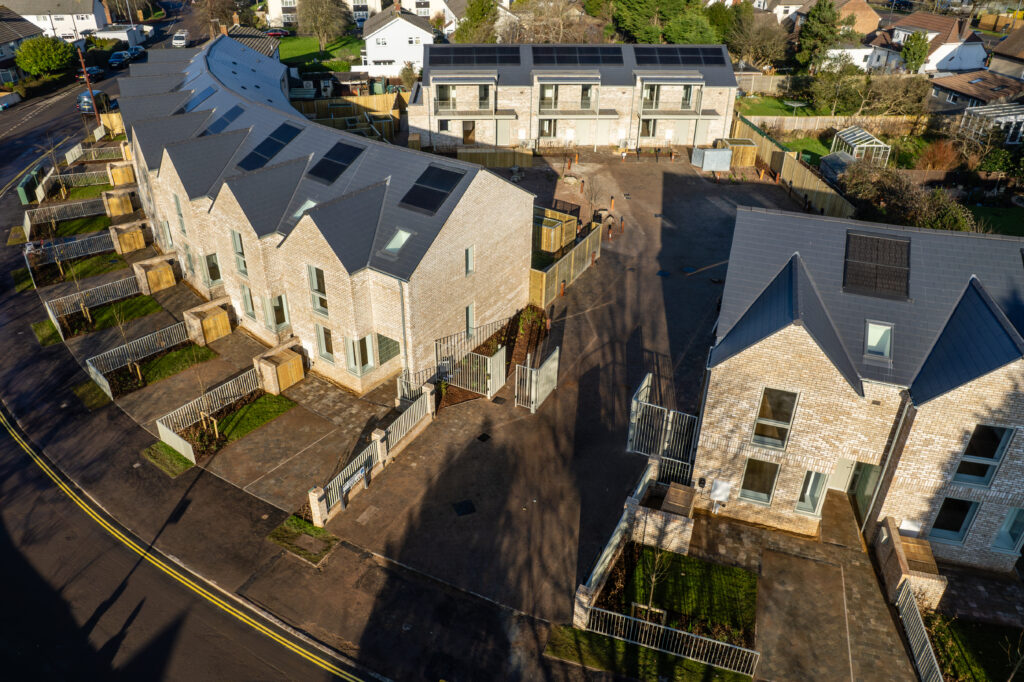
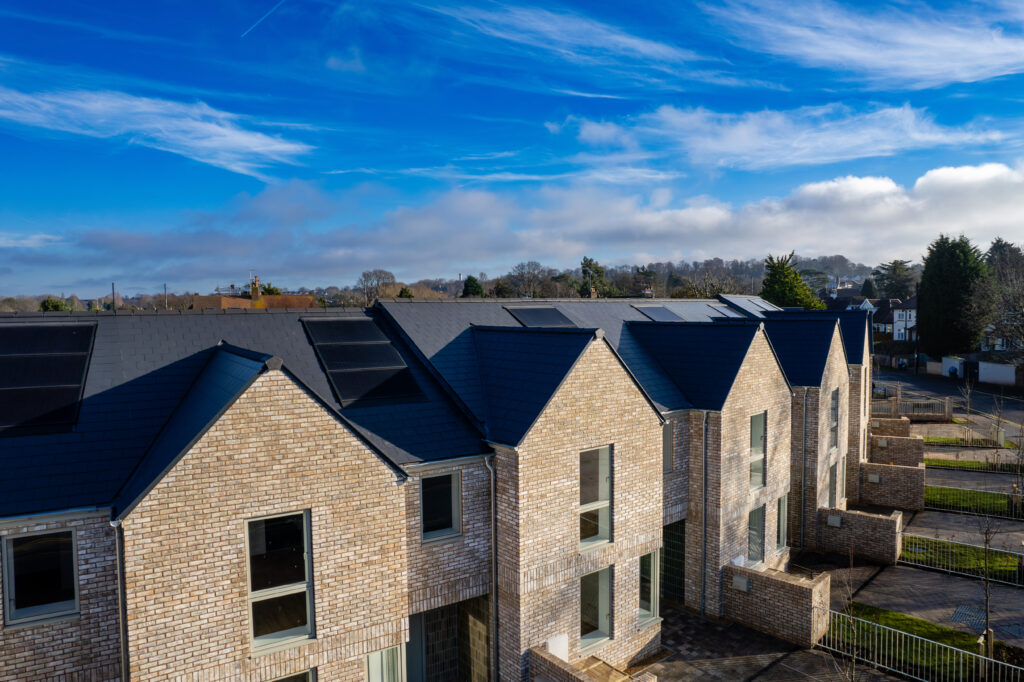
Sustainability & Social Value
At Stepnell, we understand that true project success extends beyond construction. It’s about building a lasting legacy for the community:
- Lifetime Homes Standard: All homes are built to the Lifetime Homes Standard, ensuring they are adaptable and future-proofed for residents with diverse needs.
- Biodiversity and Environmental Care: Our team translocated slow worms during the pre-project stage and installed swift and bat boxes to support local wildlife.
- Neighbour Relations: Our site manager proactively addressed boundary issues and maintained positive relationships with the neighbours, even assisting with hedge trimming and other small tasks.
The site is well-maintained and promotes safety, sustainability, and community integration. Our commitment to the Considerate Constructors Scheme was reflected in a perfect score of 45/45, underscoring our dedication to quality, safety, and community relations.
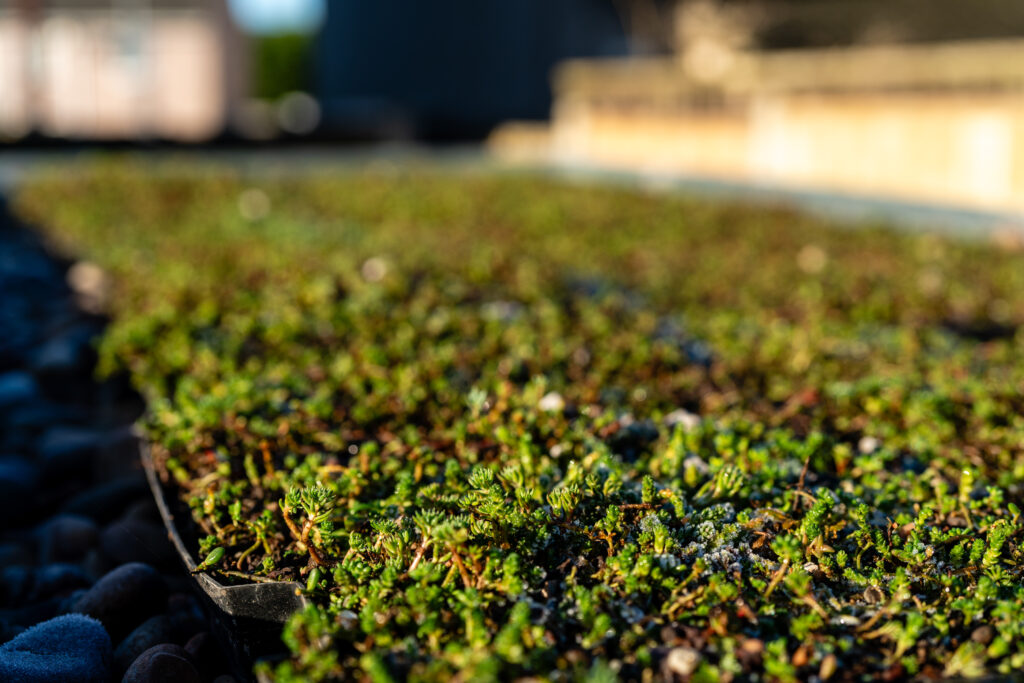
Community Engagement
The project has created a meaningful impact by delivering wide-ranging social value. From supporting local employment, apprenticeships, and on-site work experience to making charitable contributions. Our Social Value Manager provided expert advice to a local micro-enterprise on adopting low-carbon materials, enhancing disability-inclusive design, and improving employee wellbeing programs.
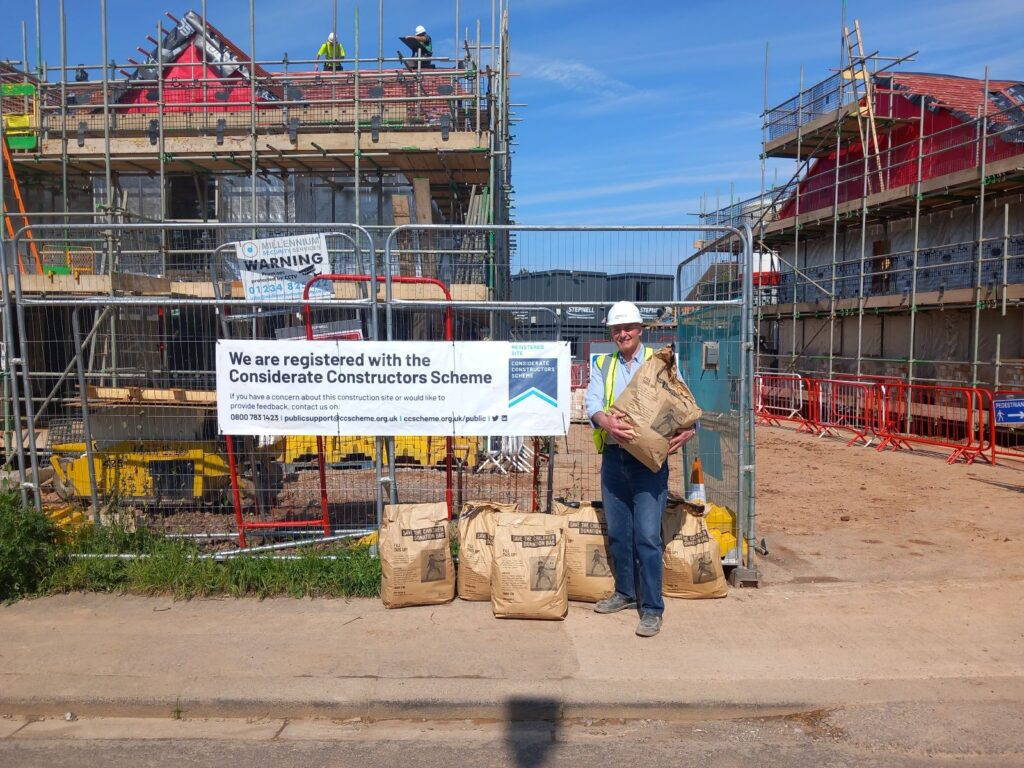

Further initiatives included neurodiversity and mental health awareness training, flower bed planting to enhance community spaces, and hands-on volunteering with local charities. Notably, the team facilitated work experience for a local student, who expressed enthusiasm for a future with Stepnell, and donated a Chappell piano to the Creative Youth Network, reflecting their commitment to uplifting the community.
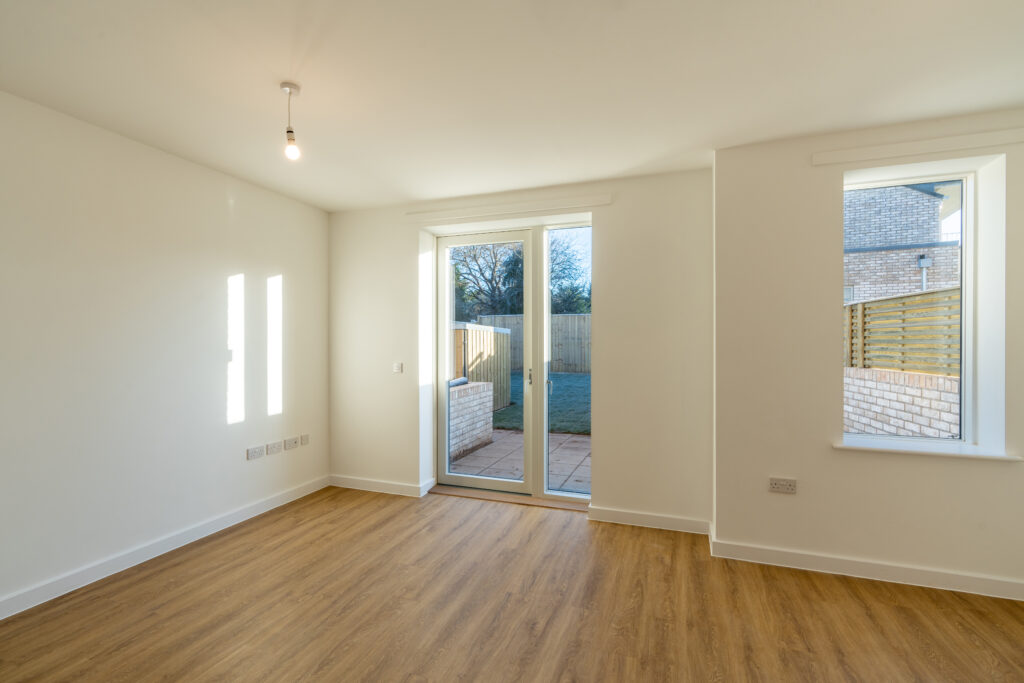
Outcome
The New Kingsland project exemplifies Stepnell’s ability to deliver innovative, sustainable, and community-focused construction solutions. By leveraging our expertise in timber frame construction and renewable energy, we exceeded client expectations, delivering high-quality affordable housing that will serve the community for years to come.
Our open and honest collaboration with Bristol City Council and Emmett Russell Architects ensured that the project not only met but surpassed the council’s objectives, providing a significant return on investment and leaving a positive legacy in Henbury.
